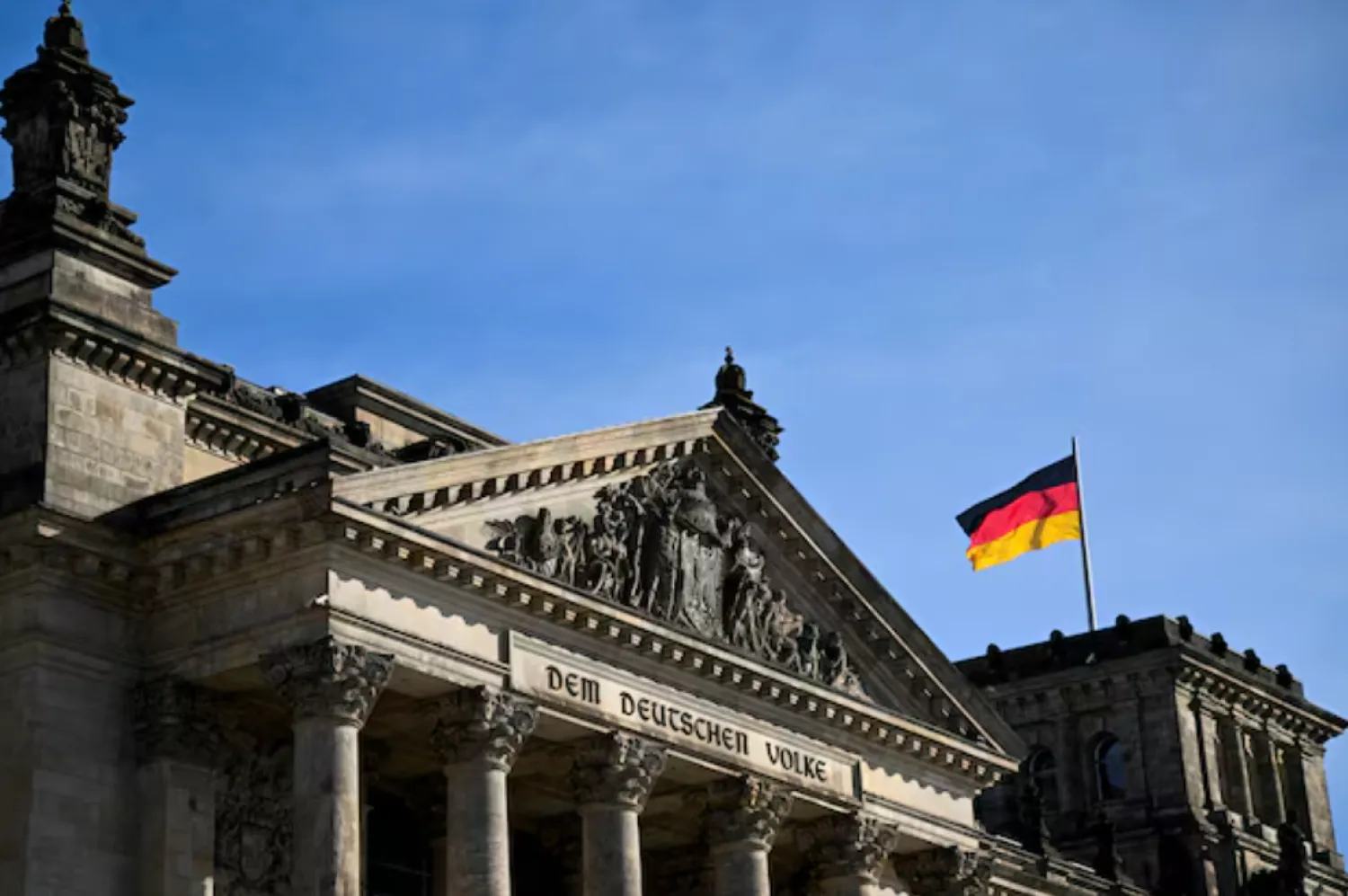The World Health Organization (WHO) said on Wednesday its newly formed advisory group on dangerous pathogens may be “our last chance” to determine the origins of the SARS-CoV-2 virus and called for cooperation from China.
The first human cases of COVID-19 were reported in the central Chinese city of Wuhan in December 2019. China has repeatedly dismissed theories that the virus leaked from one of its laboratories and has said no more visits are needed.
A WHO-led team spent four weeks in and around Wuhan earlier this year with Chinese scientists, and said in a joint report in March that the virus had probably been transmitted from bats to humans through another animal but further research was needed.
WHO director-general Tedros Adhanom Ghebreyesus has said that the investigation was hampered by a dearth of raw data pertaining to the first days of the outbreak’s spread and has called for lab audits.
The WHO on Wednesday named the 26 proposed members of its Scientific Advisory Group on the Origins of Novel Pathogens (SAGO). They include Marion Koopmans, Thea Fischer, Hung Nguyen and Chinese animal health expert Yang Yungui, who took part in the joint investigation in Wuhan.
Dozens of studies needed
Maria van Kerkhove, WHO technical lead on COVID-19, voiced hope that there would be further WHO-led international missions to China which would engage the country’s cooperation.
She told a news conference that “more than three dozen recommended studies” still needed to be carried out to determine how the virus crossed from the animal species to humans.
Reported Chinese tests for antibodies present in Wuhan residents in 2019 will be “absolutely critical” to understanding the virus’s origins, van Kerkhove said.
Mike Ryan, WHO’s top emergency expert, said the new panel may be the last chance to establish the origin of SARS-CoV-2, “a virus that has stopped our whole world”.
The WHO was seeking to “take a step back, create an environment where we can again look at the scientific issues”, he said.
Chen Xu, China’s ambassador to the UN in Geneva, told a separate news conference the conclusions of the joint study were “quite clear,” adding that as international teams had been sent to China twice already, “it is time to send teams to other places.”
“I do believe that if we are going to continue with the scientific research I think it should be a joint effort based on science not by the intelligence agencies,” Chen said. “So if we are going to talk about anything, we are doing the whole business with the framework of SAGO.”









